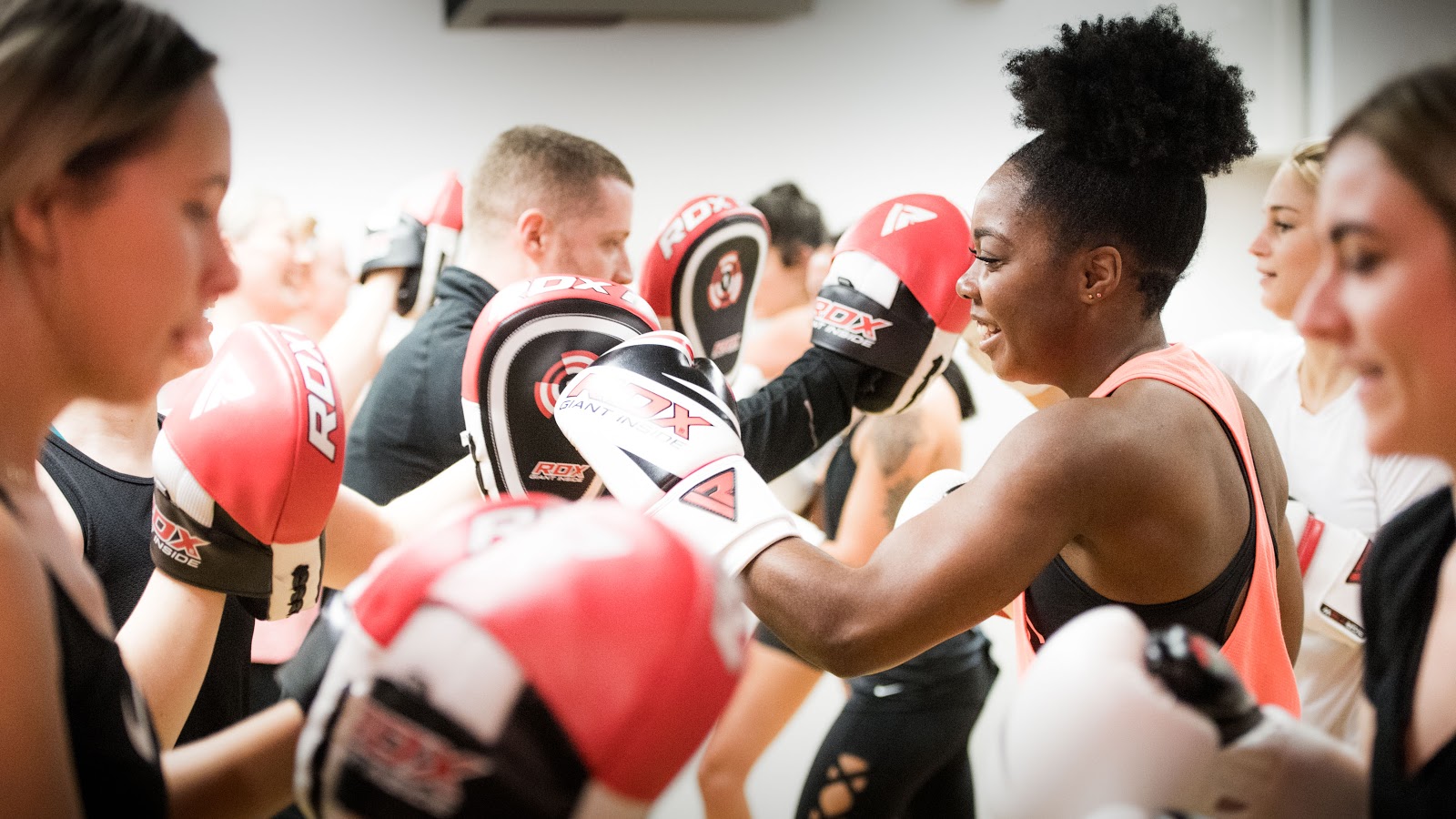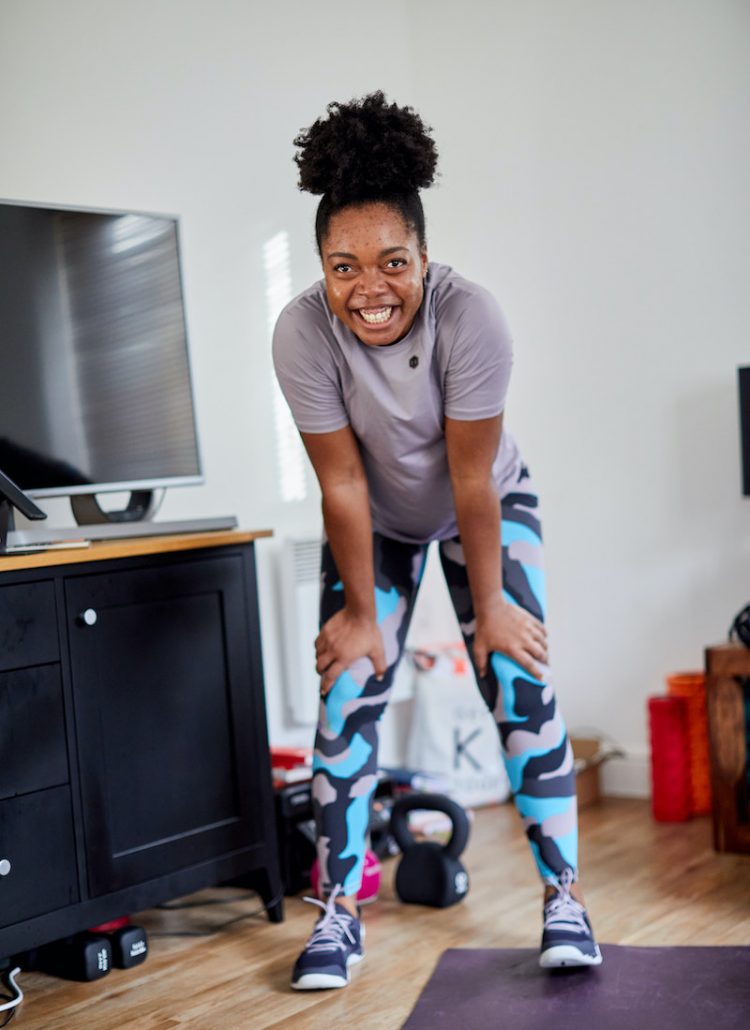
Over the past 5 years that I have been blogging, and the 10+ years that I have worked in fitness and in the fitness industry I’ve noticed the trend of what feels like everyone, wanting to qualify as a Fitness / Studio Instructor or Personal Trainer. And by all means, if you think this is the career path for you then who am I to rain on your parade?!
However, I’ve always lived by the saying that “a good coach doesn’t always make a good player, and a good player doesn’t always make a good coach” – which translates to the fact that just because you love working out doesn’t mean you will love being on the other side of the transaction.
The Precarious Nature of Working in Fitness
One of the major points I have wanted to highlight for some time now is the precarious nature of working in the fitness industry. If you don’t already know, I’m currently undertaking my Masters in Management with Business Innovation. It’s a way for me to gain new skills in an area I am very passionate about.
I’ve taken out (another) student loan to fund my two year part time course because I am currently working Freelance and one of the many downsides to not having a Standard Employment Relationship (SER) is that you do not receive any training.
When I worked in my Sport Development role some years ago now, training was provided via my employer as well as funding being available to complete external training.
I completed a number of diplomas from the Chartered Institute of Management (which is how I came to find out this was a passion) and also completed numerous Continuing Professional Development (CPD) courses with YMCAfit that allowed me to progress as a Fitness Professional.
Some of the Realities of Working in Fitness
The industry comes with a lot of uncertainty and instability; I currently work for two different companies in London and just earlier this year, one of my permanent classes was taken away from me with barely two weeks notice. When I contacted Management to discuss what had happened I got no response whatsoever.
“Just a part of the job” is what my colleagues told me and I was given a harsh lesson in how not to ever really put my heart and soul into the job. I then spent my entire summer training in the Bests Bootcamp Academy (which you might have read about on the blog here); I taught my trial class just before I went on holiday in September and overall my feedback was good.
Speaking to the master trainer before I left, she was keen for me to return, brush up on my areas for improvement and get on the timetable for what would be their two studios by that point. Upon returning from my vacation, I contacted the studio and never got a response. The time I invested into the academy was unpaid and now, unrewarded.
So when training is offered in the industry, it is more often than not, unpaid and comes with no guarantees of being given work at the end of your time.

Training up in new / additional concepts usually involves 2-5 hours of training followed by an audition or test before you are “signed off” to teach the class. At this point you are usually put on a cover list to pick up work when those with permanent classes need cover.
Being offered your own permanent classes does not always happen; many a time I have responded to emails looking for a permanent instructor and am yet to have secured the class whilst not provided with a response to say so or to be given any feedback.
In order to make a decent income, as opposed to “just managing” as Theresa May put it, you’d need to teach multiple classes per day, for the majority of the week (assuming this is your only source of income). Payment for classes can vary massively depending on where you are working; currently my average for a 45-60 minute class is £22 – £50. Teaching so much can also be detrimental to your physical health, leading to burnout or injury.
Working in a precarious sector such as fitness means that you cannot solely rely on your income from the work you currently have; basically, you can’t count your chickens before they have hatched! It means you’re unable to plan for the future as you are unable to quantify your income beyond the work you plan to do.
You do not receive any of the benefits that are afforded as part of a SER such as holiday pay or sick pay which means that any time off, for a vacation or illness, usually hits you twice as hard.
There are however many benefits to this type of work which include, and are not limited to, flexibility which allows individuals to juggle other priorities in their lives such as childcare and caregiving roles in addition to greater levels of autonomy.

Why You Should Diversify Your Income
I recently went to an event hosted by the Health Bloggers Community about freelancing as bloggers and the panel made a really valid point about diversifying your income. And this is where the title of this post comes from, precarious to privileged. ‘Privileged’ sectors include health, IT, consultancy and law which have all seen increases in the number of self employed.
This isn’t to say that everyone in these sectors (who are self employed) earn enough to feel privileged. But I think it does help to highlight the point that it is very important not to rely on a single income source when you work in an industry of a precarious nature.
This is one of the driving factors behind me completing my masters in order to transition into more managerial / consultancy roles in the business of fitness specialising in business innovation and marketing. I’m also keen to learn front end web development to complement my role as a blogger in an industry that is growing and thriving.
So for anyone wanting to work in fitness, I would suggest teaching or Personal Training alongside your current job in order to build your reputation, build your client base and allow yourself to source enough work for a decent income before packing in your stable job.
You could also take up part time work in the industry such as roles in front of house or retail (fitness brands are a good fit) that allow you to have a proportion of your income remaining stable and also allows you to meet people and get to know your community.
I’ve got a few more Q&A style posts in the pipeline about working in the industry but if you have any specific questions, feel free to leave them in the comments below or contact me via the ‘Contact’ page here on the blog!
Did you transition from an SER to working in fitness?! What was your experience? Is this something you are thinking about for the future?!
Elle






A thought provoking post Elle. I didn't realise that Best's Bootcamp ghosted you…if they didn't want to take things further, they could have just stated so in an email. Really unprofessional.An it is true; many professionals within the "privileged" sector are diversifying their income…it's apparently quite common in the USwww.lifeofchi.co.uk
I definitely understand the precarious nature of working in fitness. Obviously I've just left my job, but I was responsible for recruiting, assessing and scheduling our instructors at Cycle Rhythm. I always gave feedback and replied to everyone, as I understood that they were relying on that income and it isn't a stable job, so it felt unfair to leave them hanging after they'd spent time auditioning etc. It's a tough industry for sure.